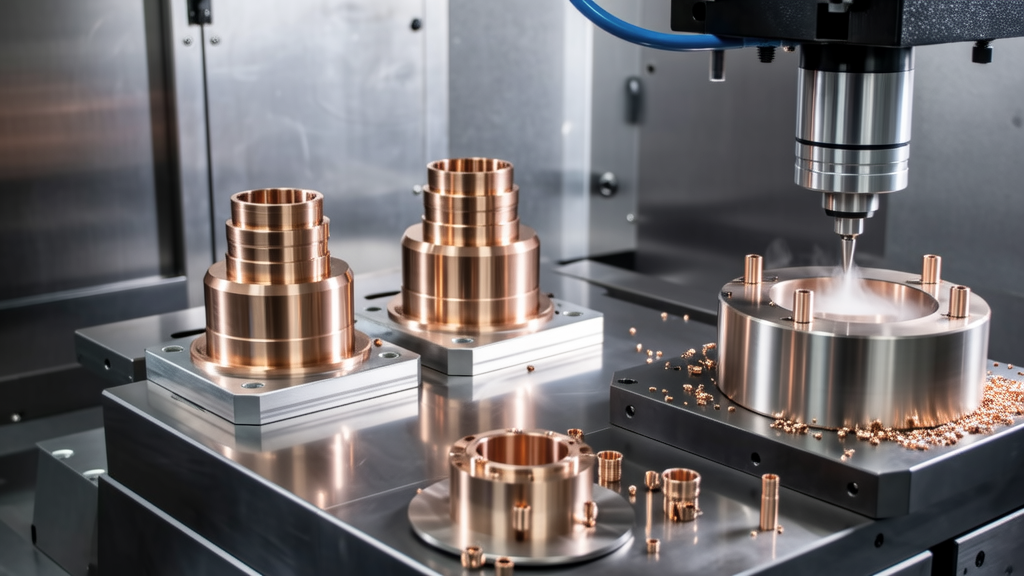Ensuring your 7075 aluminum is genuine and meets specifications is critical for high-performance applications. The most reliable method for material verification involves a multi-step quality assurance process.
First, always source from reputable suppliers who can provide a detailed Material Test Report (MTR) or Certificate of Conformance (CoC). This document certifies the alloy’s chemical composition and mechanical properties, confirming it meets material standards like AMS 4045.
For ultimate certainty, conduct independent testing. A handheld X-ray fluorescence (XRF) analyzer can quickly confirm the chemical makeup, verifying key elements like zinc, magnesium, and copper. Additionally, a Rockwell hardness test will validate that the material meets the required strength specifications for aerospace aluminum. Combining supplier documentation with independent tests provides a robust defense against counterfeit materials.
Pros and Cons of Using 7075 Aluminum:
- Pros: Possesses one of the highest strength-to-weight ratios among aluminum alloys, making it ideal for high-stress aerospace and structural components. Its performance under pressure is exceptional.
- Cons: Authentic 7075 is more costly than common alloys like 6061. It also exhibits lower corrosion resistance, often requiring a protective finish or cladding for durability.
How We Do It: We began by pinpointing the core question: validating 7075 material. Our answer was structured into a clear, three-part verification process covering documentation, supplier trust, and independent testing. We focused on professional, direct language while naturally embedding crucial SEO optimization keywords.



